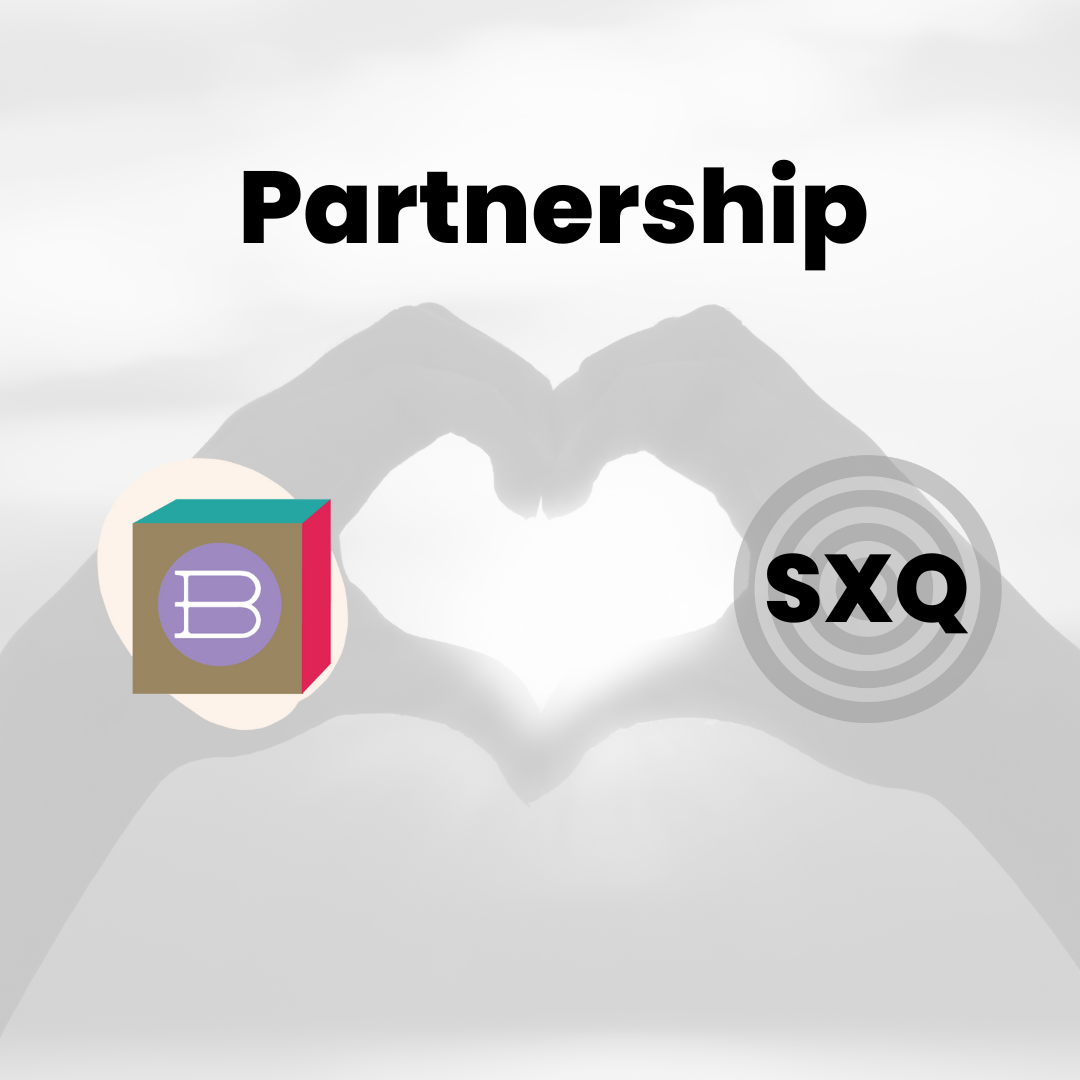June 7, 2024


We have started the loveliest of partnerships with the loveliest of small nonprofit orgs, Bookshop.org.
It's an online bookstore, and its aim is to support independent bookstores and authors. You can pick which local bookstore you want to support and you can make us your preferred. We have a virtual shop on there in anticipation of our brick and mortar location further down our roadmap. We will be combining this weekly newsletter with our virtual shop.
- The Empathy Advantage

Chris Shipley and Heather McGowan came together to write their second book after the success of The Adaptation Advantage. McGowan and Shipley argue that empathy is the cutting-edge difference for businesses today who want to capture the talent and consumer attention of Millenial and Gen-Z.
However, it is not just empathy--it's empathy anchored in strong foresight. Shipley and McGowan are at their best when they wed quantitative population data and trends to a vision for the future that can imagine things as they will be instead of chasing after things as they already are. These two were out there in front interpreting the 1000 days of Covid and all we experienced in learn in a roadmap for the future.
For any singular leader who wants to make a difference, read McGowan and Shipley on how to take the signals on the horizon and leverage them to rethink your working environment, your workforce, and your leadership style. You can learn more about Heather and book her for speaking engagements at www.heathermcgowan.com.
<script
src="https://bookshop.org/widgets.js"
data-type="book_button"
data-affiliate-id="101118"
data-sku="9780593186442"></script>
Sometimes, people ask us—what does [insert title] have to do with technology innovation and leadership? We talk about cross-functionality and transcendent thinking at Singular XQ a lot because we believe that we need consilience to address the complex needs of our collective futures. In this case, reading biographies of leaders who face complex landscapes and make pivotal leadership calls--for good or for ill--is informative for anyone who wants to use vision to correct course for a ship headed straight for icebergs. We like this one for its ability to track transitions. The Cold War has been on a lot of people's minds recently, and it's a good moment to reflect on how Truman led a transition from FDR's America to the administration that set out to liberate countries from tyrannical dictators into a new vision of America that, for good or for ill, sticks with us today. At this critical moment of transition for the globe, reflecting honestly on what Truman set into motion and how it impacts us today is a good rehearsal for any leader wanting to lead change and understand what history has to teach us about leadership.
- The Ritual Process: Structure and Anti-Structure by Victor Turner
Speaking of societies in transition, in case you haven't noticed...globally, we all live in one. There are certain common features panculturally and panhistorically of societies on the brink; those who want to lead through innovation and empathy need to understand those features. This book by Turner, as well as some of his harder-to-find writing, illustrates those features in a cross-cultural view that helps us understand what messages, behaviors, and leadership strategies have the most impact. Reading about case studies of other societies facing schisms or ruptures with the past can help when having to lead smart people through difficult-to-predict experiences.
We also mentioned consilience as a feature of transcendent thinking for the future. Wilson's book on the unity of knowledge is controversial, but the general idea--that being able to find the connection between fields and bodies of knowledge--is something that the world needs now. The world is increasingly interconnected, and anyone sitting miserably in a siloed software team as if they were pumping out widgets in a factory understands how inadequate this model is for creating innovative technical solutions that create seamless experiences. There is much to find fault with in this book, but its overarching argument is one to take note of to be able to compete in today's world. Staying in one's swim lane might be great for surviving middle management, but the ones who can bust out of silos and speak intelligently and empathetically across them will be the one who creates more dynamic models of business than the lumbering ones of today. Added bonus for science geeks: a lot of talk about genetics and human behavior.
Our Founder, JP is a fan of Taleb and those of us who have taken time out to read any of his books have come to understand why. A bit of a firebrand, Taleb combines math with an unflinching look at human weakness to make predictions for the future that folks can take to the bank. Antifragile is almost a decade old and its message seems even more relevant now than it does today. For Taleb, the opposite of fragility isn't robustness--it's "anti-fragility." The distinction is subtle but crucial: robust things can be more vulnerable than small things in environments that require nimble movements and flexibility. The key to surviving and thriving is "anti-fragility," or the ability to gain from disorder. To do that, leaders must strive to be resilient, learn fearlessly from mistakes, and embrace uncertainty and ambiguity. Our favorite tip in the book is to write your resignation letter on the first day of the job. Pick it up if you want to find out why. We concur.
Do you want to suggest a book or do a write-up yourself on a book that helps you lead in emerging technology innovation fearlessly? Hit us up at info@singularxq.com




